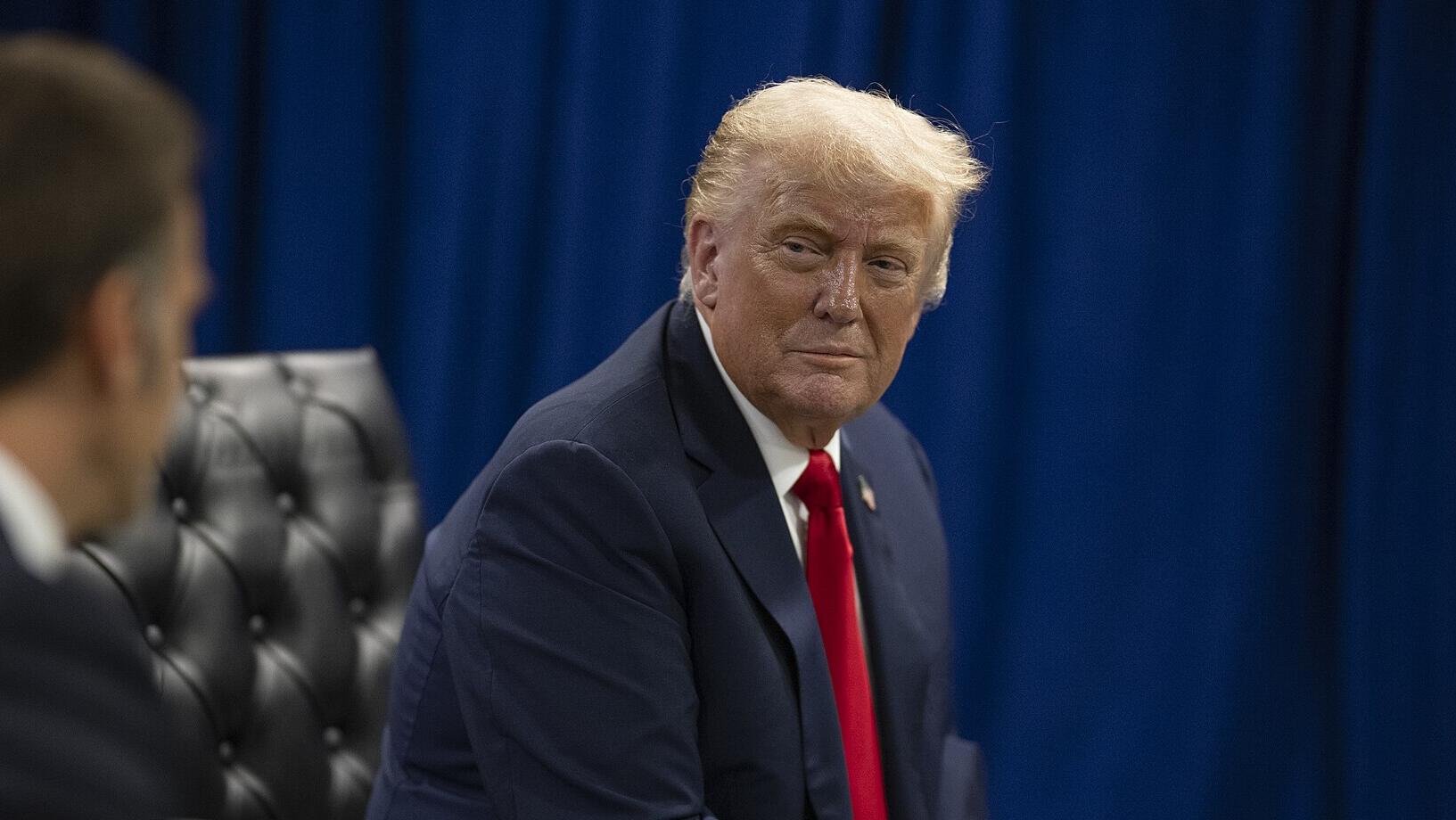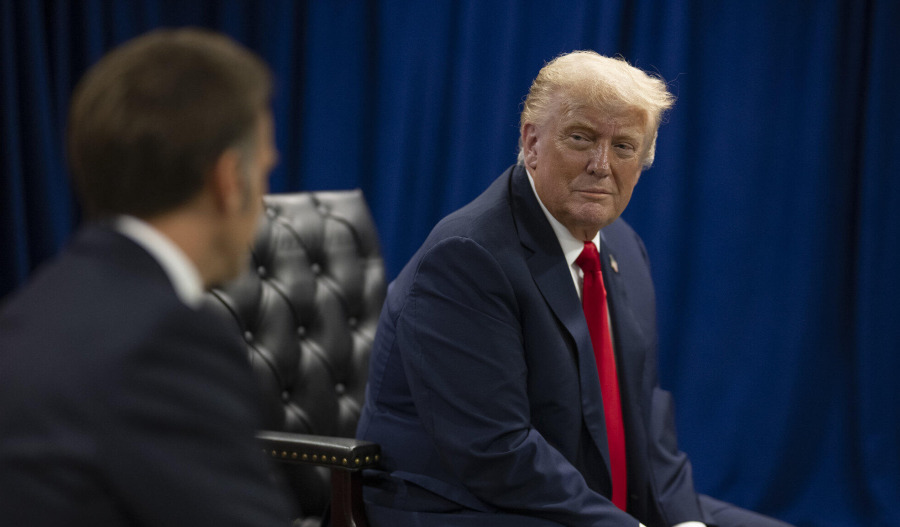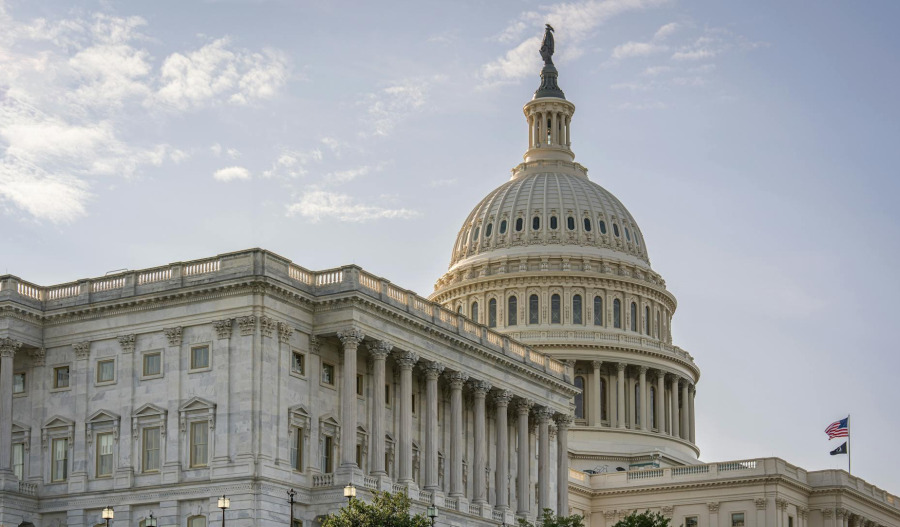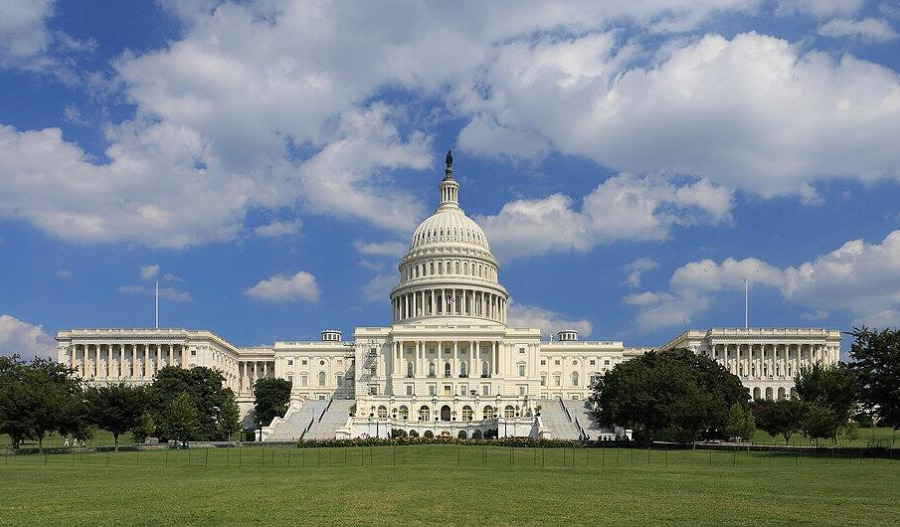United States federal workers furloughed during the ongoing government shutdown may not receive back pay, President Donald Trump has said.
A draft memo from the White House’s Office of Management and Budget argues that previous policies requiring federal workers to be paid retroactively after a shutdown should not apply, Axios reported.
“I would say it depends on who we’re talking about,” Trump said when asked about back pay for furloughed federal workers.
“For the most part, we’re going to take care of our people,” he said. “There are some people that really don’t deserve to be taken care of, and we’ll take care of them in a different way.”
The draft memo could reportedly deny back pay to as many as 750,000 workers.
The Government Employee Fair Treatment Act, a law signed in 2019 after the last government shutdown, is generally interpreted to require retroactive pay. The Office of Management and Budget’s memo said the law would not automatically cover all furloughed employees.
“The frivolous argument that federal employees are not guaranteed backpay under the Government Employee Fair Treatment Act is an obvious misinterpretation of the law. It is also inconsistent with the Trump administration’s own guidance from mere days ago, which clearly and correctly states that furloughed employees will receive retroactive pay for the time they were out of work as quickly as possible once the shutdown is over,” said president of the American Federation of Government Employees union, Everett Kelley.
The administration has also said it plans to permanently fire many federal employees if the shutdown continues, another step in its efforts to lay off large numbers of government workers this year. Federal employees’ unions have preemptively sued to block any mass firings during the shutdown.
The shutdown began on 1 October after Congress could not reach an agreement to fund the government. Democrats have said a funding bill must include a renewal of health insurance subsidies that are about to expire, while Republicans have refused to negotiate on these subsidies until a seven-week funding bill has been passed.
Related content



